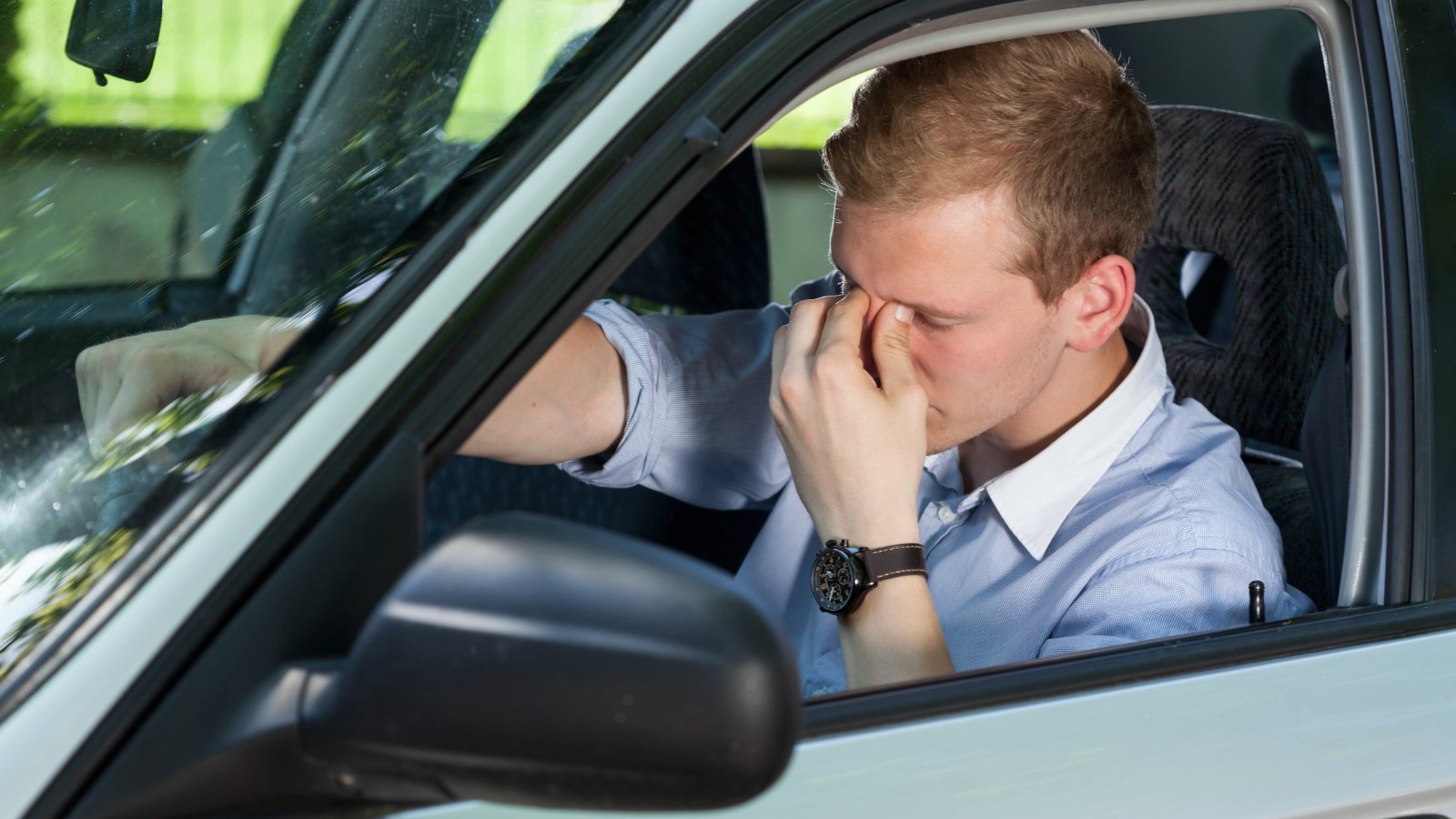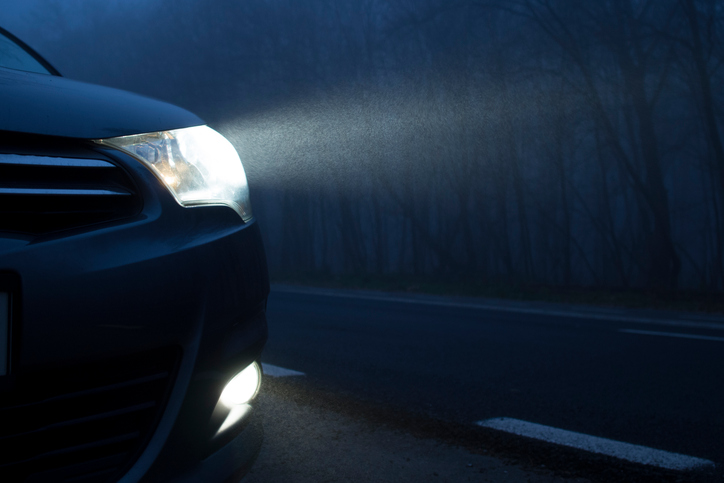Christmas – it’s a whirlwind of family visits, presents, food, drink, parties, tiredness, bad weather and long, long journeys… especially if you’ve got a big, extended family scattered around the country. So, while it’s obviously important to make sure you’ve got Auntie Flo’s presents and also the kids strapped into the back seat (no Home Alone jinks here, please), here’s how to stay safe during the festive period.
1. Don’t drink and drive
This is a rule that applies all year round, of course, but at Christmas you’re very likely to fall foul of it in an unusual manner: the ‘morning after’. While most responsible adults wouldn’t dream of having a load of pints (or even just a cheeky few ones at the office Christmas party) and then getting in their car to drive home at the end of the festivities, you need to watch out for still being over the limit the morning after the night before. If you’ve had a heavy one, it can often be the case that your blood alcohol level is still over the limit at 9am or 10am the next day, so even if you’ve been careful and stayed at a friend’s to sleep things off, it might not be worth the risk driving early in the day. Everyone’s tolerance to alcohol is different and, if you’re drinking, the level of alcohol in your blood will also depend on other factors, like tiredness and what you eat – so it’s simply best not to chance it over the Christmas period: if you’ve had a lot to drink, don’t drive for the entire morning after the party.
2. Don’t drive tired
Fatigue is said to cause more accidents than alcohol and Christmas can be a stressful, draining time, especially if you’re criss-crossing the country in dark, wintry conditions to see as many family members as you can. If you feel tired, don’t drive long distances. You’re supposed to stop for 15 minutes for every two hours you drive, so make sure you take regular breaks. While catnapping in a lay-by or having a couple of cups of coffee might allay tiredness for a while, there’s really no substitute for a good night’s sleep, so if you’ve got a long drive in the morning, make sure you get to bed early.

3. Check antifreeze
While such a thing as a ‘White Christmas’ is always a possibility, even without snow, we’re likely to get some harsh winter weather. Antifreeze is therefore vital to your car’s smooth running and it’s not just a case of putting warm tap water in your vehicle’s radiator; anti-freeze is a special fluid that keeps the car’s coolant from solidifying, even in below-minus temperatures. It’s available in almost all fuel stations and motor factors, doesn’t cost that much and it tells you on the bottle how much you should use, depending on the conditions, so there’s no excuse for your car’s engine failing on a dark, snowy night because you failed to check the antifreeze levels in your car.
4. Check your lights
We live a long way up in the northern hemisphere and so at Christmas, the daylight hours are few and the weather can be rubbish. Thus, you’ve very likely to be driving around at night, in somewhat bleak conditions, during the festive period. You therefore need to know all your car’s lights work properly, including indicators, foglamps (front and rear) and reversing lights. Faulty bulbs are mere cents to replace and there’s no reason for running around over Christmas with one of your headlights out.

5. Check your windscreen wipers and the washer fluid
Like the anti-freeze in your car’s radiator system, you should really use proper screen wash in your wash-wipe tank, because it too is formulated to withstand cold temperatures – whereas pure water is not. And as the roads are often grimy, wet and slathered in dirt, you’re going to need to wash and wipe your car’s windscreen on a regular basis throughout the Christmas period. Therefore, replace any worn wipers (which will simply smear liquid across your windscreen, rather than clearing the glass) or juddering ones, and check your wash-wipe tank at the start of every journey during Christmas; if you’re washing the screen often, you’ll need to top up the tank often, too. Oh, and what we said at the top of this paragraph? Use washer fluid in your wash-wipe system, NOT antifreeze – because the latter could do serious damage if you put it anywhere but in the radiator system.
6. Check your oil
Simple one, with the car parked on the level and the engine switched off, pull out the engine’s dipstick (if you don’t know where it is, look in your car’s instruction manual as to how to find it or look for a round, usually yellow plastic loop in the engine bay), wipe it and then replace it in the sump. Wait a few seconds, pull the dipstick out again and you should have an oil level that’s between the ‘MAX’ and ‘MIN’ marks on the stick. If it’s below ‘MIN’, fill up with the correct grade of oil for your car; again, this will be in the owner’s handbook.
7. Check your tyres
Badly-worn tyres on a car are a disaster waiting to happen at any time of the year, but especially so in the cold, murky conditions of Christmas. Check the tread is legal on all four tyres and make sure they’re at the right pressure, too. If they’re getting low on tread, replace them – the cost of buying a new tyre or two will be less than what you’ll pay out if you slither off the road as a result of chancing it…
8. Pack warm supplies in the boot and take out roadside assistance
If the worst comes to the worst and your car breaks down over Christmas, or gets stuck in a huge snowdrift, then having some essentials like coats, blankets, shovels, flasks of warm drinks and even snow socks for tyres in the boot will be a big help. If you can’t get going again yourself, then up-to-date roadside assistance will mean there’s someone you can call on to help if you’re stranded – so, as an addendum to this, always make sure someone in the car has a fully charged mobile phone, in case you need it in an emergency.